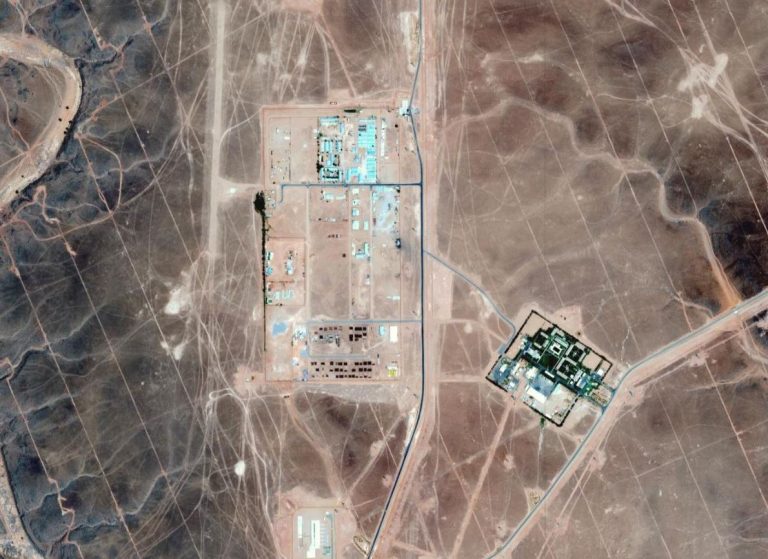In today’s competitive landscape, having a strong administrative backbone is essential for driving efficiency and sustainable growth. Recognising the need to modernise internal processes and enhance operational cohesion, a united force – comprising the Libyan Trucks and Buses Company, Sirte Oil and Gas Production and Manufacturing Company, and Al Waha Company – engaged Qabas to transform their administrative capabilities. This wholistic training programme was designed to re-engineer traditional practices in warehousing, purchasing and financial management into a modern, value-driven force that supports effective decision-making and streamlined operations.
The Situation
Despite their long-standing success, these organisations were beginning to feel the strain of outdated administrative systems. With rapid expansion and evolving market demands, inefficiencies in stock control, budgeting and the maintenance of documentary cycles were creating bottlenecks that hindered smooth operations. The purchasing function, in particular, was suffering from unclear management responsibilities and inconsistent process evaluation – issues that resulted in reactive rather than proactive decision-making. In addition, the lack of advanced inventory management techniques meant that the organisations were often caught off guard by fluctuations in demand and operational challenges. Communication gaps between key departments such as production, sales, design, maintenance and finance further exacerbated these issues, underscoring the urgent need for a cohesive, modernised administrative strategy.
Our Approach
Qabas developed a tailored, multi-week training programme that was structured into dedicated modules to address these challenges head-on. The programme began with customised administrative training in warehousing and purchasing – a module that focused on re-examining the core functions of procurement. Participants were introduced to a strong focus on stock control, budgeting and the establishment of rigorous documentary cycles. They learned to view the purchasing function not as a routine administrative task but as a strategic process that adds significant value to the organisation.
Building on this foundation, detailed purchasing modules were introduced to cover the concept and importance of purchasing, along with management responsibilities, planning, control and process evaluation. Through interactive lectures and practical exercises, trainees explored how to develop effective control mechanisms, streamline supplier negotiations and implement a robust process evaluation framework. This hands-on approach ensured that theoretical learning was immediately applicable in real-world scenarios.
A substantial portion of the training was dedicated to inventory control and budgeting. Participants were taught advanced inventory management techniques such as ABC classification, economic order quantity and precise reorder point calculations. Quantitative methods for budget planning were rigorously explored to equip teams with the skills needed to develop accurate, responsive financial plans. These sessions were designed to enable the organisations to optimise stock levels, reduce waste and manage costs effectively even in volatile market conditions.
Recognising the importance of safety as an integral part of efficient administration, the programme also featured detailed sessions on occupational safety and material handling. Trainees received practical training on the safe handling of hazardous materials, fire safety protocols, conducting safety audits and selecting appropriate equipment. This module ensured that efficiency improvements in administrative processes would not come at the expense of employee safety, thereby reinforcing the overall operational integrity.
Additional training elements were incorporated to address broader administrative challenges. Sessions on organisational design and interdepartmental communication provided insights into restructuring teams to enhance collaboration and streamline workflows. Financial management topics and training on modern computer systems in warehousing further equipped participants to leverage digital tools for enhanced operational transparency and control.
The comprehensive training was delivered over several weeks – with dedicated cycles such as three weeks for purchasing and three weeks for store management, plus additional sessions covering insurance, safety, credits, customs, budgets and computer applications. Practical assignments and real-world case studies were integral to the programme, allowing participants to immediately apply new strategies to their daily operations.
Results
Upon completing the training programme, the united forces reported significant improvements in their administrative operations. Enhanced role clarity, modernised stock control and advanced budgeting techniques led to more efficient purchasing processes and better financial management. The practical, hands-on approach resulted in improved interdepartmental communication and streamlined workflows. By building a more valuable administrative force, these organisations have positioned themselves for sustained operational excellence and long-term success, with a renewed capacity to manage growth and navigate the complexities of today’s competitive market.



